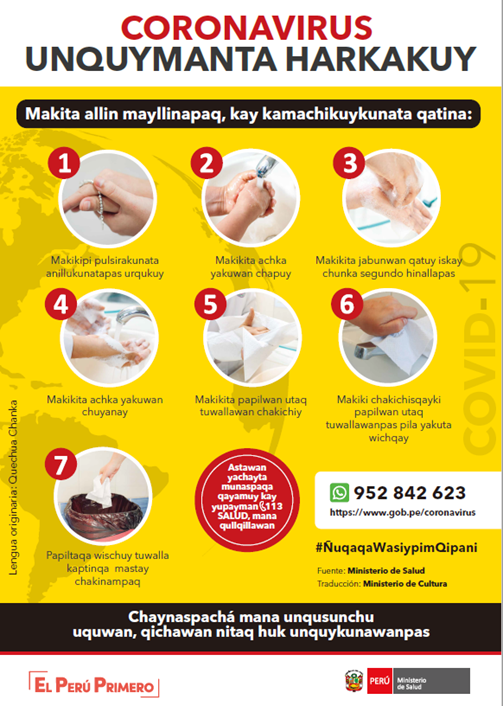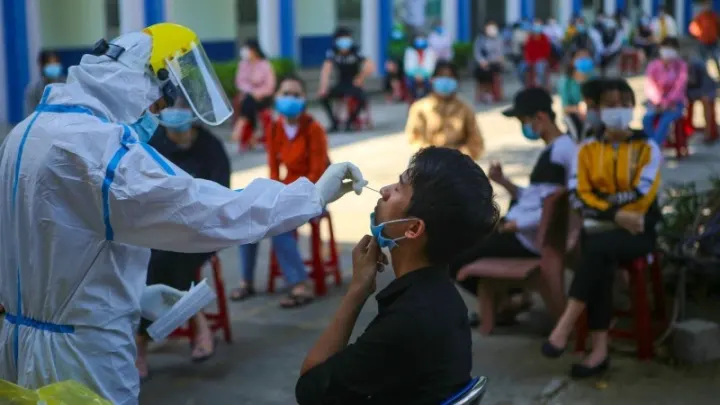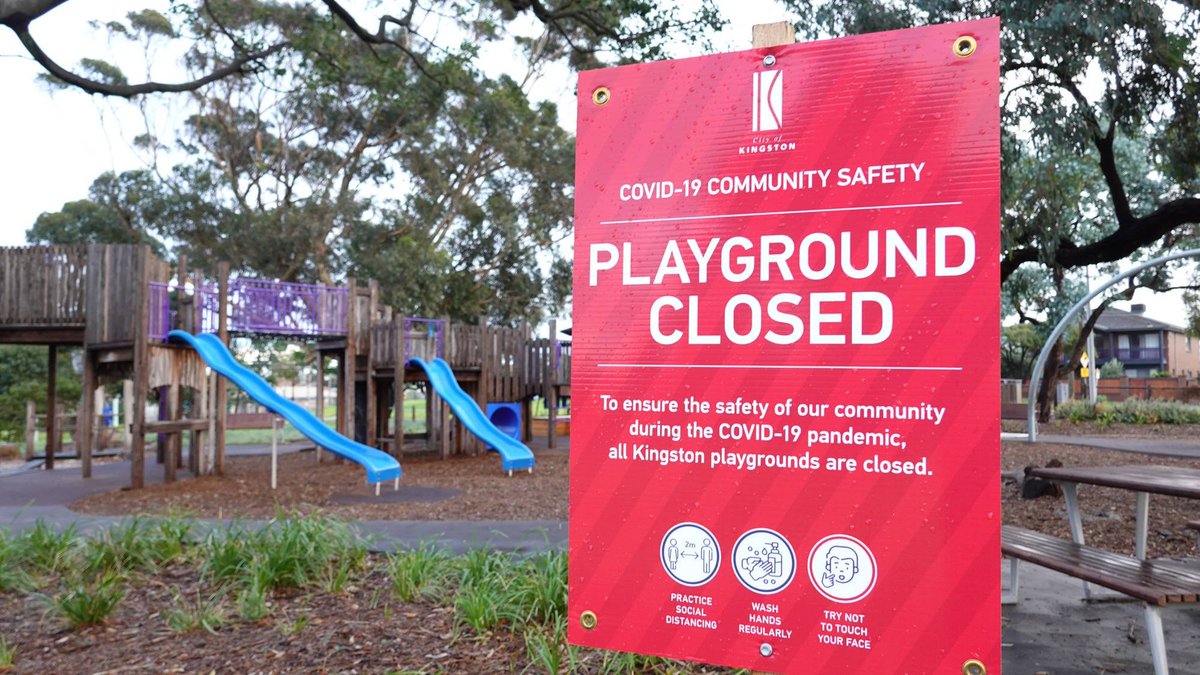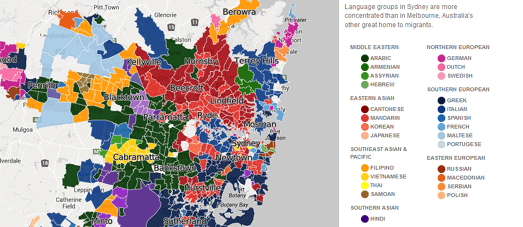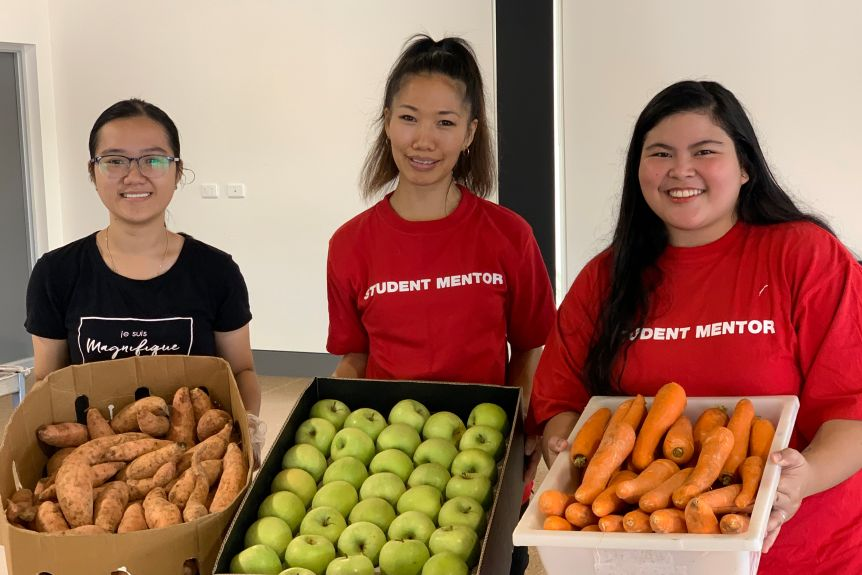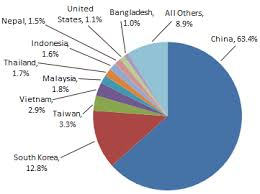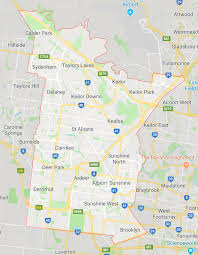#Language and #communication challenges of the #COVID19 crisis
In this thread students of the #Literacies unit at @MQLinguistics @TESOLatMQ @Macquarie_Uni share the key questions and findings of their research projects
thread students of the #Literacies unit at @MQLinguistics @TESOLatMQ @Macquarie_Uni share the key questions and findings of their research projects
In this
 thread students of the #Literacies unit at @MQLinguistics @TESOLatMQ @Macquarie_Uni share the key questions and findings of their research projects
thread students of the #Literacies unit at @MQLinguistics @TESOLatMQ @Macquarie_Uni share the key questions and findings of their research projects
#COVID19 has exposed the inequalities in resources and infrastructure that have persisted throughout the years for #Andean rural communities. Preventive infographics on COVID19 in their #language provided by the #Peruvian government will not address the real issues.
The #Vietnamese government uses diverse #communication strategies to ensure that people from ethnic minorities are not left behind in the #COVID19 response.
Caregivers and educators have struggled to communicate about the pandemic with young #children. Young #children have experienced significant increase in stress during #COVIDー19 pandemic. How can we help them cope?
#Sydney has 2.3 million – or 49.4% of the population – non-native English-speakers. Communication about #Covid measures may fail to give them the information they need! Time to make communication in #Sydney more multilingual?
#HomeSchooling during #COVID19 poses a huge challenge for migrant and refugee families in #Australia. #Language barriers make it hard for #parents to help with schoolwork, and many families lack access to computers and basic schooling materials.
#Teachers were given mixed #communications from the government and mass medias during the #COVID19 lockdown in #Sydney, resulting in added confusion and stress.
International students have suffered disproportionately during the #COVIDー19 pandemic. What can they do to make their voices heard?
Using different modes of #communication and plain #English in providing #online #COVID19 information is beneficial to the audience, especially those with vision and hearing impairments and low #literacy levels.
Many international students in #Japan are facing #language mismatches between the languages they are literate in, and the languages used in public health information. Providing information in both plain #Japanese and #English could help.
#NSW #COVIDsafe registration is good way for businesses to show customers that they are committed to their safety. But for business owners with low levels of English #literacy, registration can involve insurmountable linguistic hurdles and they might not receive COVIDsafe status
Is #readability of Covid-related crucial information in #childcare centres and other essential workplaces good enough to be understood by everyone?
We must lay a foundation now for digital #learning to ensure easy accessibility of internet services, availability of electronic devices and provision of support services for students from non-English and #refugee background in #multilingual #Australia.
At least 12,000 people in Brimbank, Victoria would have missed out on government messaging about #COVID19Victoria because of very low levels of English proficiency and inadequate provision of #multilingual information.

 Read on Twitter
Read on Twitter